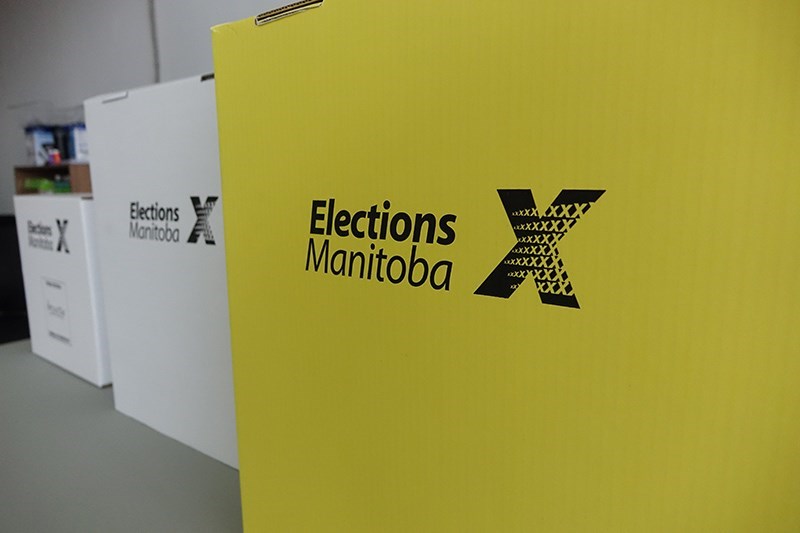Byelections are a bit of a weird creature. Though the stakes are outwardly the same as in a general election — the votes cast by voting-age residents of a district will decide who represents them, whether it be at City Hall or in the provincial legislature — the implications are different.
General elections are about big ideas, overall visions and the direction that voters want to take over the next few years (possibly five, usually four, but perhaps as little as three). There is inherently more drama than in a byelection, as the government could fall, a minority government could become a majority or vice-versa. They are, in effect, a referendum on the ruling party, which is why political pundits often observe that governments don’t get voted in as much as they get voted out. If you think the premier or the mayor is doing a bad job, the general election is your chance to express your displeasure. General elections are for all the marbles.
Byelections, on the other hand, are more prosaic. They may be held, as in the case of the provincial Thompson byelection coming up June 7, because they have to be, to fill a seat that became vacant, whether through tragic circumstances like those of former Thompson MLA Danielle Adams’s death, or, as is more often the case, because the person in the seat resigned, often to pursue a different political opportunity at another level of government. They’re elections, certainly, but they don’t carry the same weight. Not as much is riding on them.
Take the Thompson byelection, for example. No matter what happens in advance polls and on election day, the Progressive Conservatives are still going to be the government, they’re still going to have a majority, and the NDP will still be the Opposition. Which way the vote goes remains largely dependent on what voters think about the job the PC government has done since getting re-elected in 2019, rather than their opinions of the local candidates themselves. There isn’t a pressing local issue that the election will decide, Regardless of the outcome, things are going to continue on the path they are currently on.
The candidate representing the government party can be at a disadvantage in byelections, and that will likely hold true in the upcoming Thompson vote. Knowing that, if she wins, PC candidate Charlotte Larocque will be only one voice among 37 MLAs on the government side, she can’t exactly promise a lot. NDP candidate Eric Redhead can’t promise much either, as he would be in opposition to a majority government if elected, but he doesn’t really have to. He can simply point out government policies that he thinks are bad, suggest that his party would do things differently if they were in power, but he’ll never have to back any of it up with legislation until after the next general election at the earliest.
All of which is to say, there are reasons why byelection turnout is lower than it usually is for general elections, which isn’t always particularly high as it is, particularly in Northern Manitoba. But that doesn’t mean people shouldn’t still exercise their democratic right by casting a ballot, whether on election day or during advance polls. Though they won’t have a lot fo sway in the legislature once the votes are counted, the winner will be a person who can advocate for individuals or groups to the government and can make sure that Thompson and area issues are on the radar of the premier and cabinet members. It doesn’t take a ton of time to go out and cast a ballot and have your say on who should represent Thompson. If you don’t make the effort to mark your choice, you’ll still retain the right to complain about the government, which is a prerogative of any citizen, apathetic or not. But those complaints might not make as much of a difference as they could. Politicians always say that they represent all the residents of their ridings, and they do, but when it’s time to make decisions that could impact them politically, they tend to give more consideration to demographic cohorts that they actually think might swing the results their, or their opponent’s, way.




